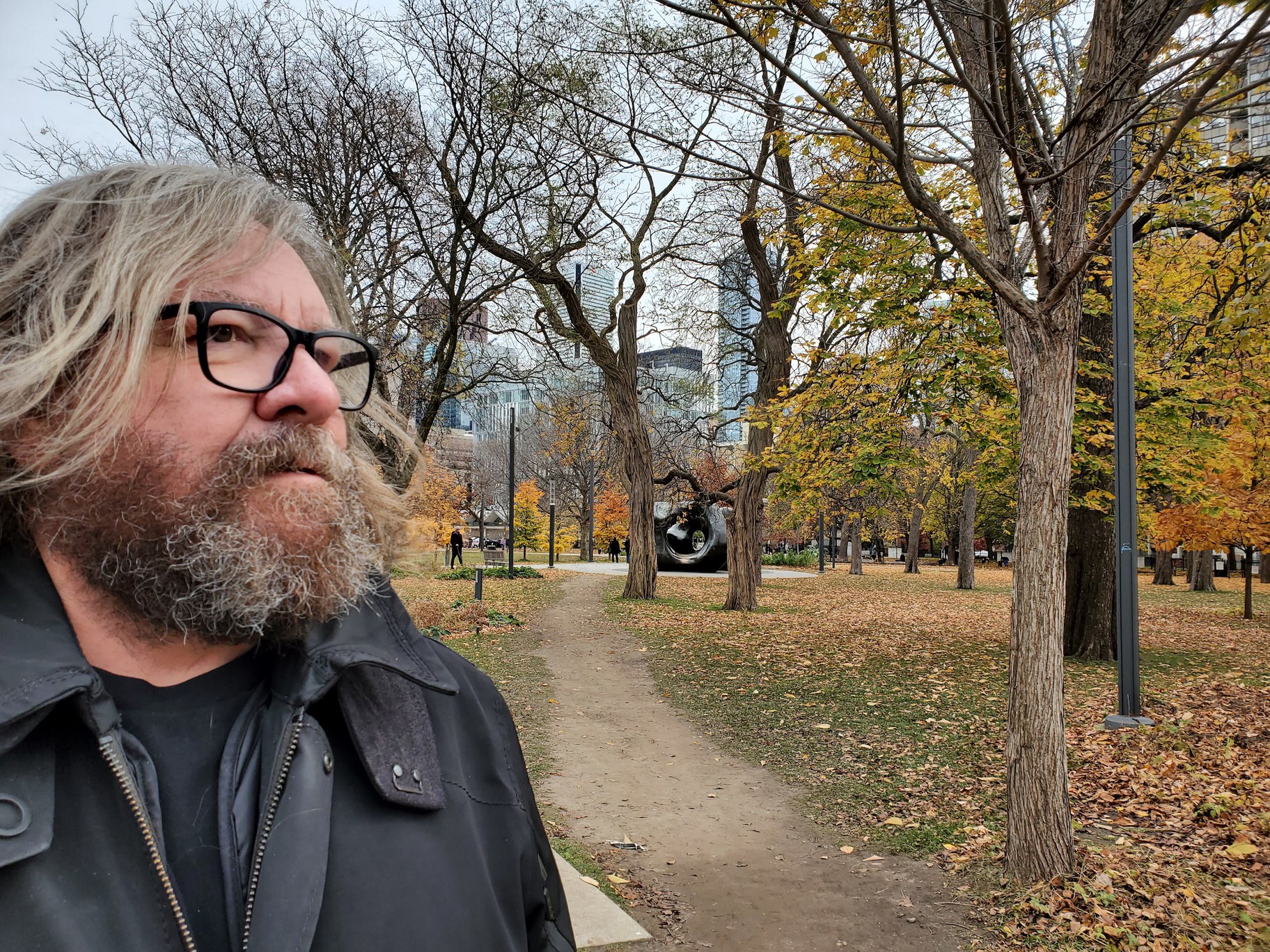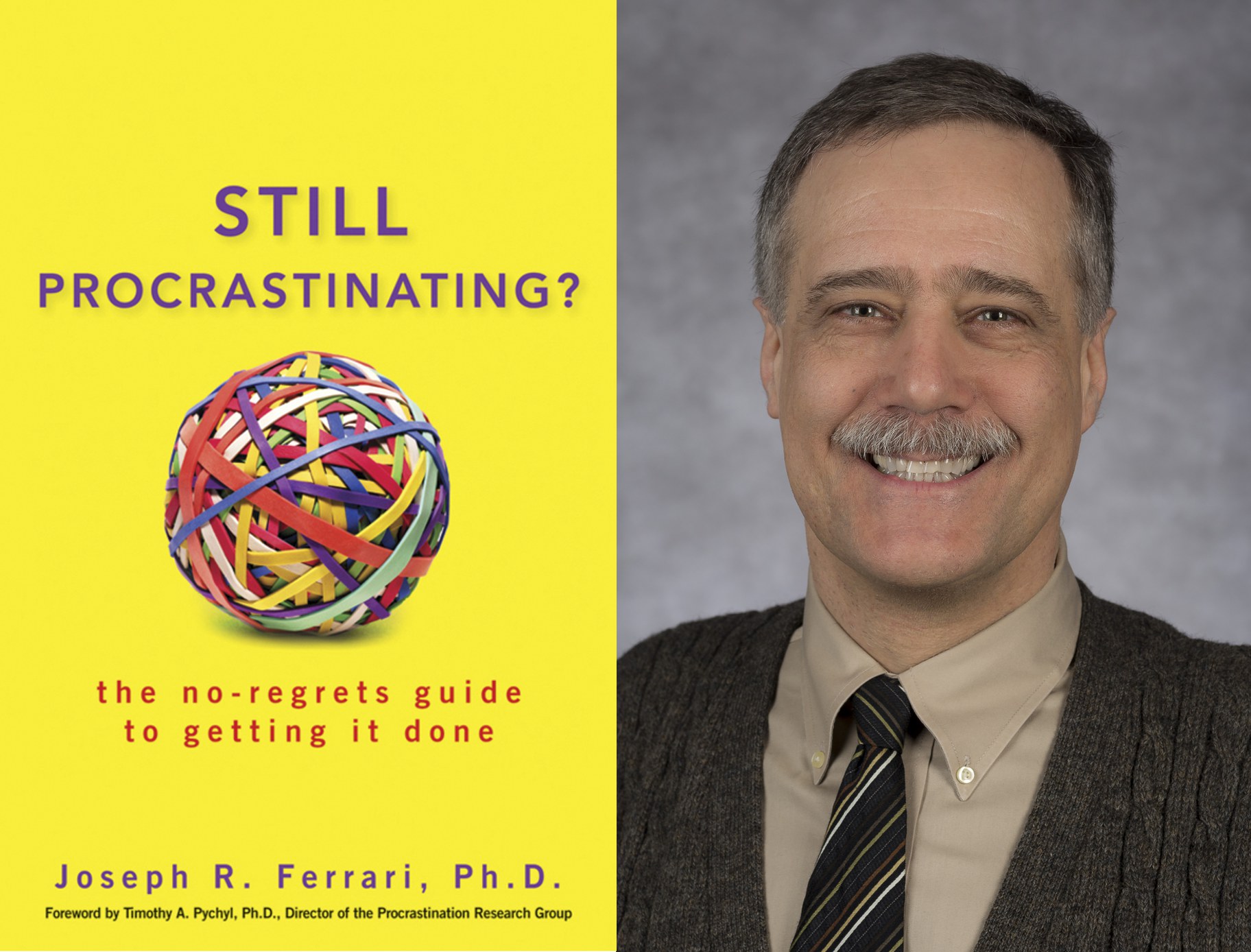Minimalists were all about perception — seeing something that was beautiful in a different way. Buildings and spaces, and our relationships to place — whether inside or outdoors — also impacts our sense of well being.
Colin Ellard, professor of cognitive neuroscience the University of Waterloo and the director of its Urban Realities Laboratory, studies the psychological impact of design and emotion in the built environment. Jonathan Bastian talks with Ellard, who says understanding these connections, from the mundane to the extraordinary, is critical, and that our health and happiness can be directly impacted by the space we inhabit .

Colin Ellard. Photo by Kristine Pettit.
Later, a familiar problem: The never-ending piles of stuff that clutter our lives. There are approximately 300,000 items in the average American home, and we accumulate about $7000 of stuff each year. Closets and drawers are packed full. Old wires, cell phones, monitors, and laptops fill our garages — you name it, and most of us have at least three of it.
We’ll hear from Deacon Joseph Ferrari, the St. Vincent DePaul Distinguished Professor of Psychology at DePaul University in Chicago, about why we have so much stuff and why we have such a hard time getting rid of it. Deacon Ferrari talks about why the problem for most people isn’t just accumulation — it’s about attachment.

Deacon Joseph Ferrari. Photo courtesy of Deacon Joseph Ferrari.
